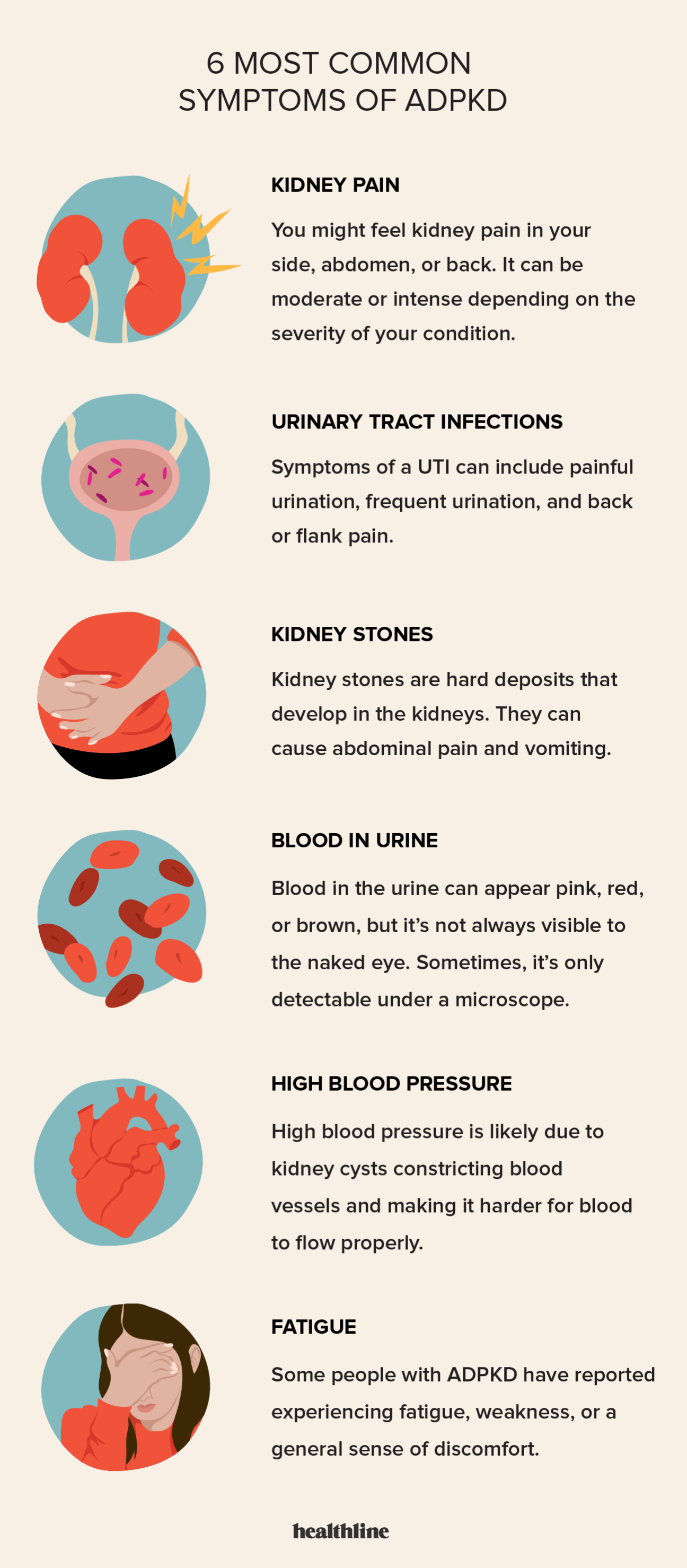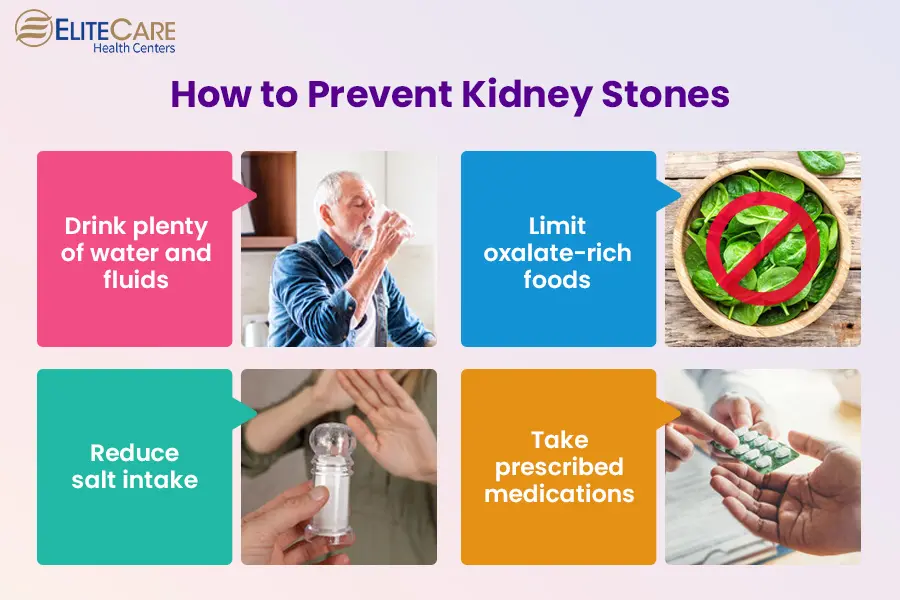Kidney Stones vs UTI: Recognizing the Overlapping Effects and Therapy Approaches
Kidney Stones vs UTI: Recognizing the Overlapping Effects and Therapy Approaches
Blog Article
Discovering the Manifestations and Causes of Kidney Stones in Contrast to Urinary Tract Infections: A Thorough Guide
The exploration of kidney stones and urinary system system infections (UTIs) exposes an intricate interaction of signs and symptoms and underlying reasons that necessitate mindful examination. What are the key differences in their symptoms, and how might these inform treatment strategies?
Overview of Kidney Stones
Kidney rocks, additionally referred to as kidney calculi, kind when particular materials in the pee crystallize and aggregate, resulting in the advancement of hard deposits within the kidneys. These rocks can differ in dimension, ranging from a grain of sand to a golf sphere, and can be composed of various products, one of the most typical being calcium oxalate, uric acid, struvite, and cystine. The formation of kidney rocks is affected by a number of elements, including nutritional behaviors, liquid intake, and genetic proneness.
Signs and symptoms of kidney stones may consist of serious pain in the back or side, blood in the urine, nausea or vomiting, and regular urination, particularly as the rock relocates through the urinary system system. Diagnosis typically entails imaging researches such as ultrasound or CT scans, together with urinalysis to determine the rock's composition.
Treatment options differ based on the dimension and kind of rock, as well as the seriousness of signs (Kidney Stones vs UTI). Tiny rocks might pass naturally with increased fluid intake, while bigger stones might need clinical treatments such as lithotripsy or surgical elimination. Understanding the pathophysiology and threat elements connected with kidney rocks is important for efficient avoidance and monitoring
Introduction of Urinary System Infections
Urinary system infections (UTIs) are common microbial infections that affect any type of component of the urinary system, including the kidneys, ureters, bladder, and urethra. They mostly happen when microorganisms, typically from the gastrointestinal tract, get in the urinary system, resulting in swelling and infection. UTIs are classified into 2 main types: straightforward and complicated. Uncomplicated UTIs normally occur in healthy people with regular urinary tracts, while difficult UTIs may occur in people with hidden problems, such as structural irregularities or endangered body immune systems.
The frequency of UTIs is notably higher in women than men, mainly because of physiological distinctions, such as a much shorter urethra. Threat variables consist of sex, particular contraceptive methods, urinary retention, and dehydration. The diagnosis of UTIs is generally confirmed through urine tests, which might disclose the visibility of microorganisms, leukocyte, or red cell.

Symptoms of Kidney Stones
The pain related to kidney stones can show up in numerous methods, typically leading individuals to look for clinical interest. One of one of the most typical symptoms is severe discomfort, normally localized in the reduced back or side, which might radiate to the abdominal area or groin. This discomfort, typically referred to as sharp or cramping, can take place unexpectedly and may fluctuate in strength.
Additionally, people may experience hematuria, or blood in the urine, which can vary from microscopic quantities to visible staining. This sign may be come with by changes in urinary system routines, such as boosted frequency or seriousness, as well as pain during peeing. Nausea and throwing up are also widespread, typically arising from the body's reaction to extreme pain.
In many cases, individuals might experience fever and chills, especially if a second infection develops because of the blockage triggered by the stones. Generally, the mix of severe pain, hematuria, transformed urinary system patterns, and gastrointestinal signs can give significant insight into the existence of kidney rocks, necessitating prompt medical examination and treatment. Understanding these symptoms is important for prompt medical diagnosis and reliable management of the condition.
Symptoms of Urinary Tract Infections
Infections within the urinary tract typically provide an array of distinct signs and symptoms that can significantly impact every day life. The most common symptoms include a persistent urge to urinate, frequently gone along with by a burning sensation during urination, known as dysuria. Individuals might additionally experience raised regularity of peeing, creating percentages of urine each time.
Other remarkable signs and symptoms consist of gloomy or smelly urine, which might show the existence of germs or pus. Sometimes, urine might show up red or pink due to the visibility of blood, a problem understood as hematuria. Additionally, individuals might experience pelvic discomfort or pressure, which can better aggravate the sensation of urgency.
Systemic signs and symptoms might likewise manifest, such as high temperature, chills, and fatigue, specifically if the infection has ascended to the kidneys. It is important to identify these signs early, as untreated urinary system tract infections can lead to a lot more severe complications. Kidney Stones vs UTI. Trigger medical focus is recommended when these symptoms are observed, enabling for appropriate analysis assessment and therapy to minimize discomfort and stop further health and wellness issues
Root Causes Of Each Condition
Regularly, kidney stones and urinary tract infections emerge from distinct yet in some cases overlapping reasons that can influence individuals differently. Dehydration, inadequate liquid consumption, and high-sodium diet regimens can exacerbate these conditions, promoting condensation within the urinary system system.

Understanding these distinct reasons is critical for avoidance and therapy. Kidney Stones vs UTI. While way of life modifications might minimize the more helpful hints danger of kidney stones, appropriate health and timely treatment of urinary system infections are necessary for click over here minimizing their recurrence and associated difficulties
Final Thought
In summary, kidney rocks and urinary system tract infections existing unique symptoms and underlying reasons. Kidney rocks are characterized by serious pain and metabolic variables, while urinary system tract infections largely include microbial infections causing urinary necessity and discomfort. Both problems can result in hematuria, their formation systems differ substantially. Understanding these distinctions is essential for reliable diagnosis and therapy, eventually boosting individual results for those influenced by either condition.
The expedition of kidney rocks and urinary tract infections (UTIs) discloses a complex interplay of signs and symptoms and underlying reasons that require cautious examination.Urinary tract infections (UTIs) are usual microbial infections that affect any type of component of the urinary system, consisting of the kidneys, ureters, bladder, and urethra.Frequently, kidney stones and urinary system system infections develop from distinct yet in some cases overlapping causes that can impact people differently.In summary, kidney stones and check my blog urinary system infections existing distinctive symptoms and underlying causes. Kidney stones are characterized by serious discomfort and metabolic aspects, while urinary system system infections primarily involve bacterial infections leading to urinary urgency and discomfort.
Report this page